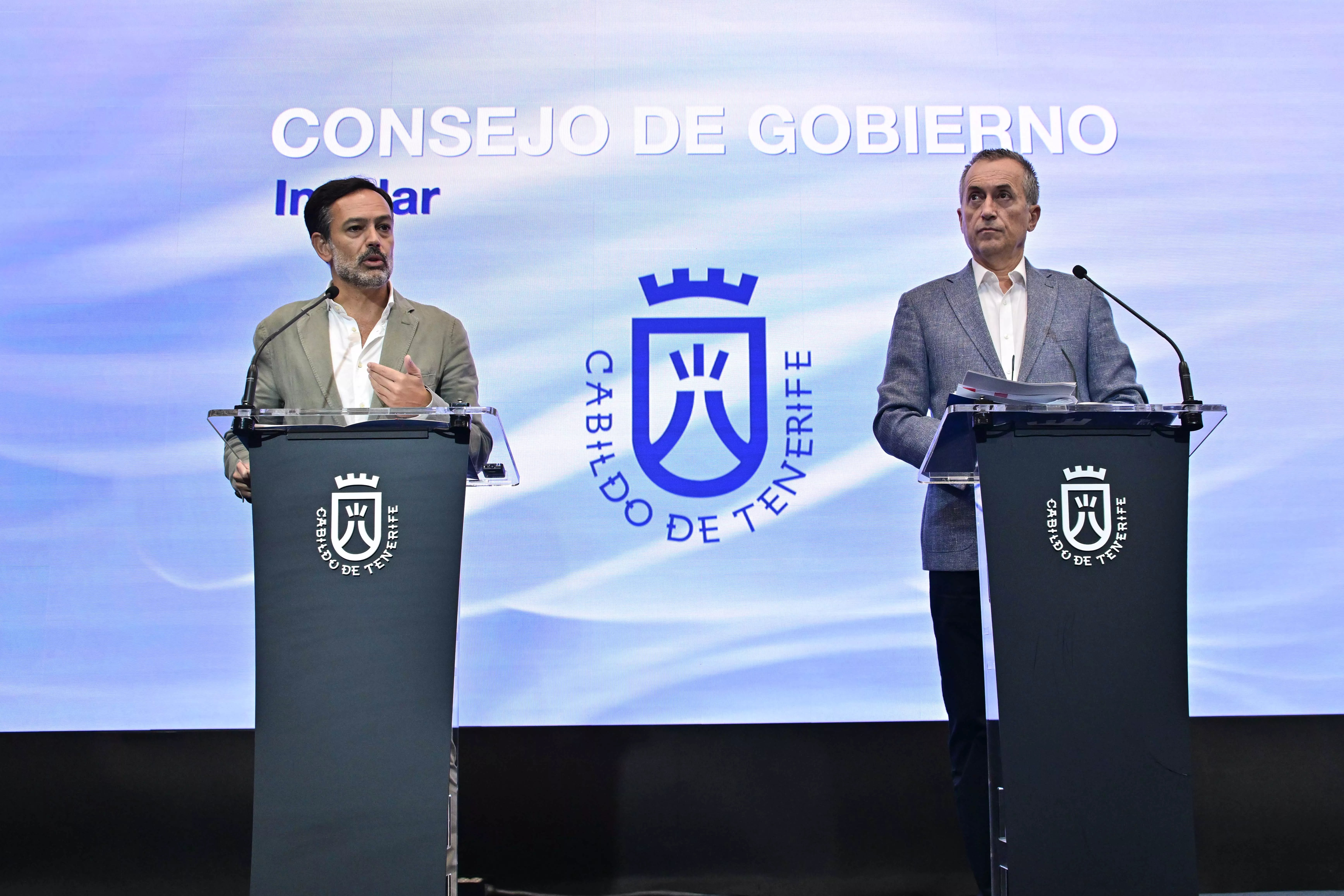
SANTA CRUZ DE TENERIFE, 27 Oct. (EUROPE PRESS) –
The European Research Council (ERC) has awarded an ERC Advanced Grant, a funding program for the development of research projects at the frontier of knowledge, to the professor of the Higher Council for Scientific Research (CSIC) Eduardo L. Martín Guerrero de Escalante who develops his research activity at the Institute of Astrophysics of the Canary Islands (IAC).
The project, entitled ‘Substellar Science with the Euclid Space Mission’ (Substellar), has as one of its main objectives the exploitation of data from the Euclid space telescope to broaden the understanding of substellar mass objects (brown dwarfs and exoplanets) and its connections with the evolution of the Milky Way.
Substellar will begin in January 2023 and during its five-year duration, important collaborations with internationally renowned centers such as the University of Bordeaux and the University of California will be strengthened. From the IAC, Eduardo L. Martín will coordinate a work team of up to seven researchers and will have the support of the Office of Transfer and Institutional Actions (OTAI) and the Research Area of the IAC.
Eduardo L. Martín is a Ph.D. in Physics from the University of La Laguna (ULL) and a research professor at the CSIC at the IAC. Co-discoverer of brown dwarfs in 1995, together with professors Rafael Rebolo and María Rosa Zapatero Osorio, he has extensive experience in infrared optical observation techniques, as well as in the investigation of the properties of very low mass stars and one of the least massive objects in the Milky Way, a field in which he is recognized as one of the world’s leading experts. Since 2012 he is a designated member of the European Space Agency (ESA) in the Euclid Science Team.
“With this new concession, there are four research programs that are being financed directly by the ERC at the IAC,” says Rafael Rebolo, director of the IAC. “Substellar will address problems that remain to be resolved on brown dwarfs, a field of research that the IAC pioneered in the 1990s with the direct participation of Eduardo L. Martin, the architect of numerous and highly relevant scientific contributions to this field”, concludes.
The ERC’s mission is to promote high-risk, high-impact research in any scientific field. Within the different modalities, the ERC Advanced stands out for being the individual aid with the highest economic amount, in general, 2.5 million euros. With this type of support, the ERC expects new and unexpected scientific and technological discoveries to be made, of the kind that could form the basis of the new industries, markets and social innovations of the future.
















